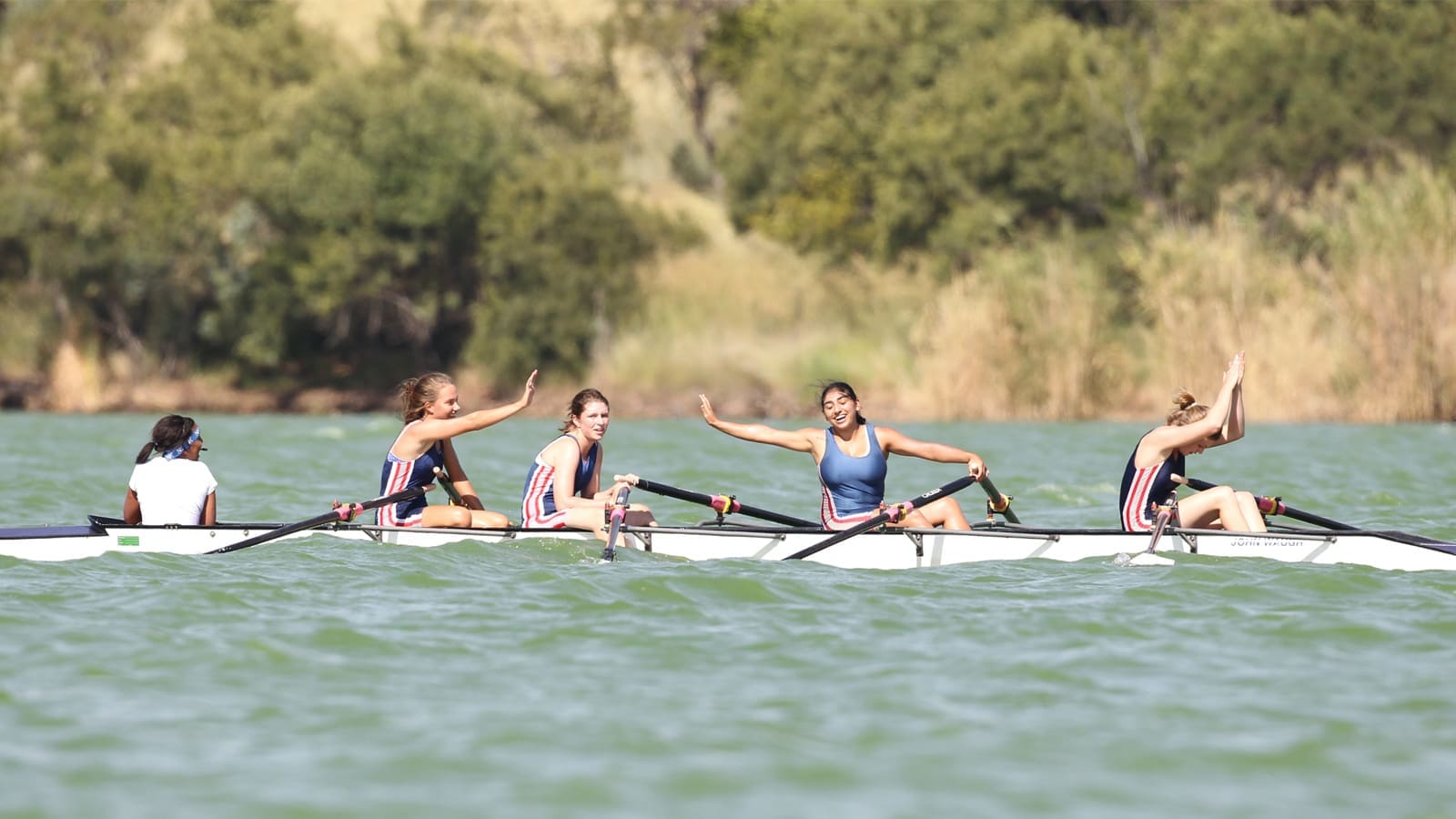
Get stories and expert advice on all things related to college and parenting.

COVID-19 is making huge and unanticipated changes to students' lives across the country. Many colleges and universities are amending their academic calendars, shifting classes online, and re-imagining the totality of campus life.
Looking ahead to the next year of my life as a student, I know I have to be prepared to face unexpected challenges and unfamiliar territory. Already, while searching for housing with my friends who are scattered throughout the U.S. and applying for countless jobs after losing my on-campus employment, these unpredictable circumstances have felt impossible to navigate.
So I find myself looking back on what I’ve learned from tackling another extremely challenging task, in the hopes that those same lessons and skills will propel me through what is bound to be a tumultuous year. As new and returning college students and their parents plan for the academic year ahead, I hope that my experience can offer some insight into the value of attempting something even when you doubt your ability to succeed.
During my first semester at a college just outside of Boston, I joined the novice crew team. Six mornings a week, I woke up at 4:30 a.m. to drag myself across campus to the bus, and spend the next two hours rowing in an 8+ boat on the Charles River.
To those who'd known me before college, this decision seemed wildly out of character. I wasn’t an athlete in high school. Freshman year, after many half-walked cross country races, I'd decided I just wasn’t a “sporty” person. Unfortunately, my high school had mandatory P.E. credits. This meant that, months away from graduation, I found myself joining the tennis team in order to earn my diploma. I entered the season convinced that I couldn’t succeed, and I proved myself right: I never even played in a match.
However in college, at the informational meeting I half-jokingly attended, I learned that the best thing about novice crew was that we were all beginners. No one had rowed before, but we would all be trained to one day join the varsity team!
Before I knew it, I was pushing myself through 10k rows, lifting boats above my head, and doing hill sprints into the sunrise. A few weeks into practice I realized that I had been wrong to believe that I was unathletic. All my life I had just been getting better at being an athlete, but I was too willing to compare myself to people who had been at it for years and to call it quits when I wasn’t an instant success.
I left the crew team after one season. I don’t regret my decision to try or my decision to quit. There are so many things I wouldn’t have learned had I not challenged myself to do something that seemed impossible, if only for a few months.
These three most important lessons, which I learned from my teammates, my coaches and myself, have propelled me through every “impossible” task I have taken on since.
My very first semester of college was incredibly busy. Between class, crew, work and navigating a new social terrain, every day was packed full. Not having any time to spare made me focus on which activities actually enriched my life, and which I could do without. (It also showed me that you don’t have to be a CEO to benefit from a color-coded Google calendar.)
Even now that I have more free hours in the week, remembering that each moment is valuable reminds me to be discerning in where I direct my attention.
In high school, I spent so much of my “athletic career” lamenting that I hadn’t started earlier, or that I wasn’t as good as my peers. Through my experience with rowing, I was finally able to get out of my head and see that every person is shaped by their unique history. Some of my teammates had never so much as played a sport while others were Olympic-level athletes, and everyone was striving to be better than they had been the day before.
I realized that it simply doesn’t make sense to compare my accomplishments to anyone else’s because we’re completely different people — we have different experiences, different brains and different bodies. The only person I can truly compare myself to is me. It makes more sense, and is more fulfilling, to strive to make myself proud instead of feeling like I don’t measure up to others.
When it came time for me to leave the team, I agonized over how to break the news to my coach. Countless pro/con lists had convinced me that it was the right decision, but I was scared that I was letting my teammates and coaches down.
But when I finally told her, she wasn’t upset or disappointed. She told me she was proud of what I had done and that I was always welcome back. Quitting wasn’t an admission of my shortcomings; rather, acknowledging failure was an affirmation that I had been brave enough to try something that was really hard for me. Since then, the world has opened up. Because I know there is no shame in failure, there are so many things I’m not afraid to try.
Navigating a pandemic is obviously very different from learning to row a boat, but some of the same skills may be useful. By using my time wisely, acknowledging the uniqueness of my experience, and facing the prospect of failure without fear, I hope that I can make the most of this next year and all the others that follow.
To any families and students who are fearful of what is to come, I urge you to find the lessons in other difficult situations you have navigated, and not to shy away from the impossible during this period of upheaval.
If I can do it, you can, too.
